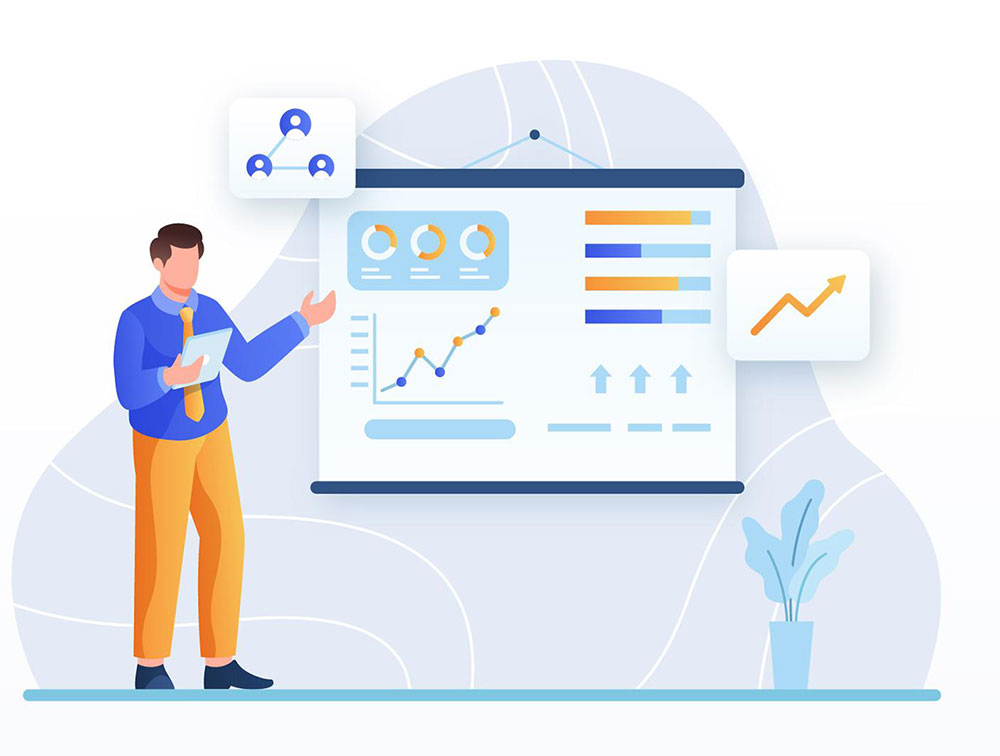Leading Database Providers for High-Performance Applications
Leading Database Providers for High-Performance Applications
Blog Article
Trick Functions to Try To Find When Picking a Data Source Service Provider
Choosing a data source supplier is an essential choice that can significantly influence your company's information and operations administration strategy. Among the essential functions to think about are scalability choices, which make certain that your system can adjust to growing demands.
Scalability Options
When picking a data source carrier, understanding scalability choices is essential to making certain that the selected service can fit future growth. Scalability refers to the capacity of a data source system to increase its capacity and performance in response to boosted need. There are two primary kinds of scalability: vertical and horizontal.
Upright scalability, or "scaling up," involves boosting a single server's sources, such as CPU, RAM, or storage. This method can be uncomplicated and economical for smaller applications however might reach a restriction where further upgrades are impractical or also costly.
Horizontal scalability, or "scaling out," involves including a lot more web servers to disperse the lots. This technique permits higher versatility and can suit considerable boosts in information volume and individual web traffic (database provider). It is particularly advantageous for cloud-based data source services that can dynamically allot resources based on need

Safety Measures

When evaluating security measures, consider the implementation of security protocols (database provider). Data-at-rest and data-in-transit file encryption are vital to guarantee that delicate info remains safeguarded, also in the occasion of a safety breach. Additionally, look for providers that offer strong verification systems, such as multi-factor authentication (MFA), to further improve accessibility control
Normal safety audits and conformity with market standards, such as GDPR or HIPAA, are a measure of a provider's commitment to data protection. Moreover, make inquiries about their event reaction strategy; a robust plan can minimize the effect of any type of possible safety occurrence.
Efficiency Metrics
Assessing efficiency metrics is crucial for organizations to make sure that their chosen database company meets operational requirements. Trick performance metrics consist of reaction throughput, time, and scalability, which collectively identify the performance of data source operations under varying loads.
Feedback time is crucial, as it reflects how swiftly the data source can refine inquiries and return outcomes. Organizations must search for metrics that show ordinary action times throughout height and off-peak hours. Throughput, usually gauged in deals per 2nd (TPS), provides understanding right into the database's ability to deal with high volumes of demands without performance destruction.
Scalability assesses the database's capability to expand with the company's needs. A robust database provider need to show vertical and straight scaling capabilities, enabling smooth changes as demands fluctuate. Additionally, understanding latency, especially in distributed systems, can assist organizations examine the responsiveness of the data moved here source throughout various geographical areas.
Client Support
Trustworthy client support is a keystone of effective data source administration, providing companies with the help needed to optimize and solve concerns performance. When choosing a database service provider, reviewing the level of customer support they supply is necessary. A robust assistance system need to include numerous networks of interaction, such as phone, e-mail, and live chat, guaranteeing that users can access help whenever they need it.
In addition, responsive assistance groups that are available 24/7 substantially enhance the reliability of the data source service. Trigger response times and efficient resolution of concerns can significantly lower downtime and boost general performance. It is also helpful to consider the accessibility of committed support workers, that can offer tailored support based upon a company's details demands.
Pricing Framework
When taking into consideration a database carrier, the prices framework is a critical aspect that can dramatically affect a company's budget and general approach. A transparent and flexible rates model is necessary for straightening the database costs with service needs - database provider. Organizations ought to examine whether the rates is based upon consumption, per individual, or a flat price, as each model can produce various economic effects over time
It is necessary to examine any kind of additional costs connected with the supplier's solutions, such as information storage space fees, purchase costs, and support fees. Some providers may provide tiered pricing, enabling scalability as the organization grows, while others may impose stringent limitations that might end up being pricey as information needs increase.
Moreover, organizations should consider the long-term worth of the data source remedy. While reduced first costs can be attractive, they may not account for future upgrades, maintenance fees, or integration prices. Performing a complete cost-benefit evaluation will help identify one of the most ideal prices structure that balances scalability, efficiency, and support, eventually guaranteeing that the selected data source carrier straightens with the organization's financial and functional purposes.
Verdict
In conclusion, selecting a data source provider requires mindful factor to consider of different essential features. Assessing efficiency metrics makes it possible for the identification of efficient databases, and find more obtainable consumer support improves the general customer experience.
Selecting a database company is a critical decision that can dramatically influence your organization's operations and data monitoring approach.When selecting a data source company, recognizing scalability alternatives is crucial discover this info here to guaranteeing that the selected option can fit future development. When choosing a database supplier, reviewing the degree of consumer assistance they supply is essential.When considering a data source supplier, the rates framework is an essential aspect that can substantially affect an organization's budget and overall strategy. Conducting a comprehensive cost-benefit analysis will certainly assist determine the most suitable pricing framework that stabilizes performance, support, and scalability, ultimately ensuring that the picked data source company aligns with the company's monetary and functional goals.
Report this page